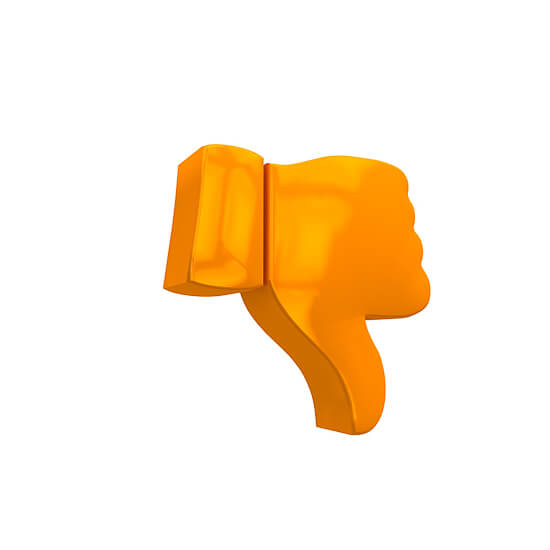 When you’re the CEO of a Chamber of Commerce, telling a female business owner to put on her big girl pants is a bad idea.
When you’re the CEO of a Chamber of Commerce, telling a female business owner to put on her big girl pants is a bad idea.
Writing said comment on a LinkedIn post your prospective members may read makes it a really, really bad idea.
Sadly, the back and forth of this U.S. political season is drawing out the worst social media behavior in some business leaders.
What Happened
Shannon Cummings, a director of marketing for a company in Fort Pierce, Florida tagged me and several other marketing professionals in a LinkedIn post.
She was sharing an article, but wrote no introduction or explanation for why we were tagged.
I clicked and read the article because it was written by Richard Branson, and I admire him tremendously.
I admire his work ethic, his accomplishments, and his views on company culture.
This particular post was focused on a meeting he once had with Donald Trump.
It didn’t bode well for Trump.
Here’s the first kicker for me.
I don’t know Shannon Cummings.
I’ve never met her.
I have no idea why she tagged me and the others.
I didn’t like the idea that she tagged me in a politically-biased post.
She doesn’t know my political leanings.
I found it inappropriate, especially with no explanation as to why.
When I think of politics and business, I think of company boycotts.
In another post on LinkedIn, Meg Whitman, the CEO of Hewlett Packard Enterprise, shared why she, as a Republican, is voting for Hillary Clinton.
What you would have expected to happen, did.
There are more than a thousand comments, some in agreement and some in staunch disagreement.
It got pretty heated.
Similarly, protestors threatened boycott campaigns after the founder of PayPal and the founder of Yeungling each publicly backed Trump.
Next to HP, PayPal, and Yeungling, I’m small potatoes.
Your Social Media Behavior Could Hurt Your Business
If I were to announce my political stance, that level of backlash would be unlikely, but losing even one major client could hurt our business.
I debated how to handle being tagged and finally landed on this comment:
Hi Shannon. Please don’t tag me in political postings. Thanks for your help.
Cummings never responded to my request, but someone else sure did.
Lawrence Zolnowski, the CEO of the South Florida Chamber of Commerce, replied:
Put your big girl pants on.
 WHAT??!!!
WHAT??!!!
The PR Perspective
After I overcame the initial shock of reading Zolnowski’s comment, I looked at it from a public relations perspective.
- What was he hoping to accomplish?
- Is this how he treats female chamber members?
- What is it like for a woman to work for this man?
- Does the chamber board know about his behavior?
If that’s what I was thinking when I saw the comment, it more than likely raised the eyebrows of his business colleagues and fellow chamber members, because they can see his activity on LinkedIn.
His comments appear in their news feed. That’s how LinkedIn works.
I work with business owners and entrepreneurs and I often use social media channels, such as LinkedIn, as powerful tools for demonstrating their expertise and positioning them as industry leaders.
Conversely, and illustrated in the case above, social media can also be a powerful tool for de-positioning.
The Court of Public Opinion
Yes, your social profiles are yours. And on them, you are slowly building a personal brand.
But keep in mind, your social media behavior can and will be used against you in the court of public opinion.
I urge all business professionals to think about the long-term consequences before posting.
When you are tempted to inappropriately tag someone or make a snide comment, think about how your audience may react.
Most importantly, it’s not just your reputation on the line.
Your brand is yours…until you indirectly publicize the name of your employer on those social channels.
Once you do that, your profile and your social media behavior become an extension of your employer’s brand.